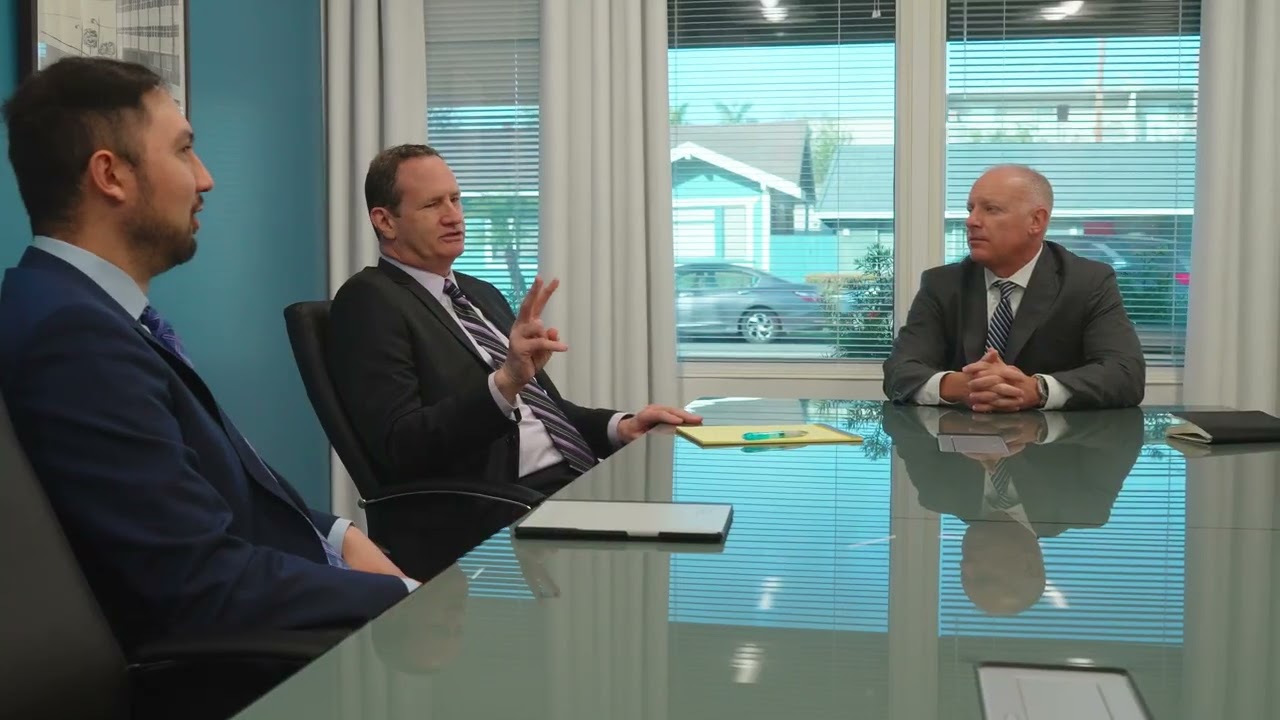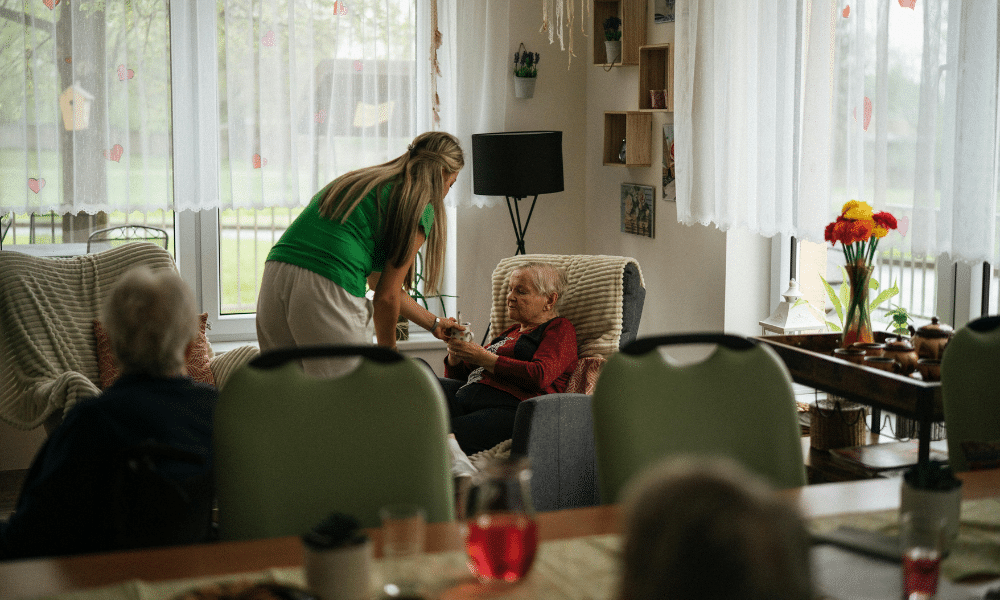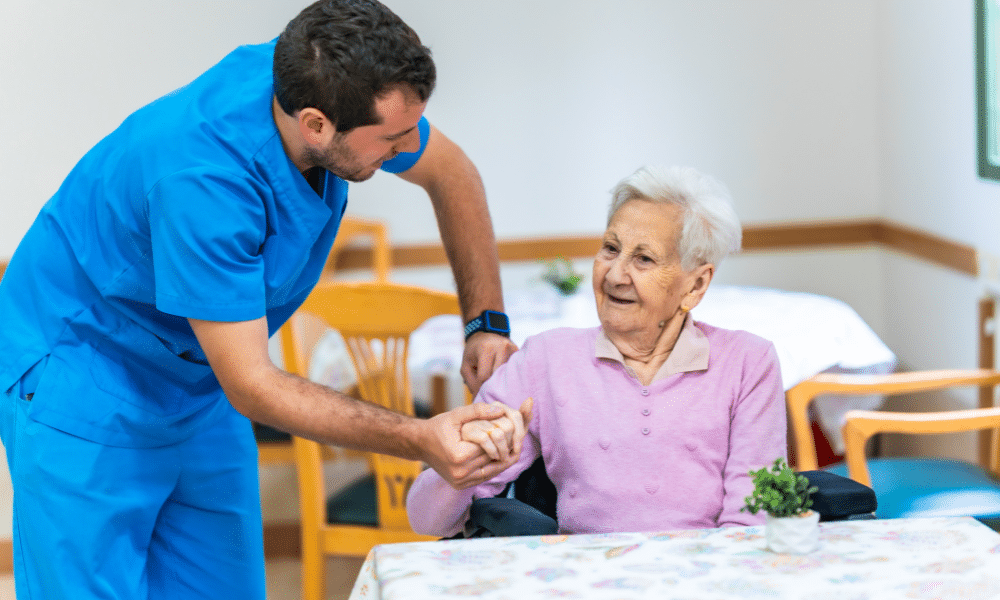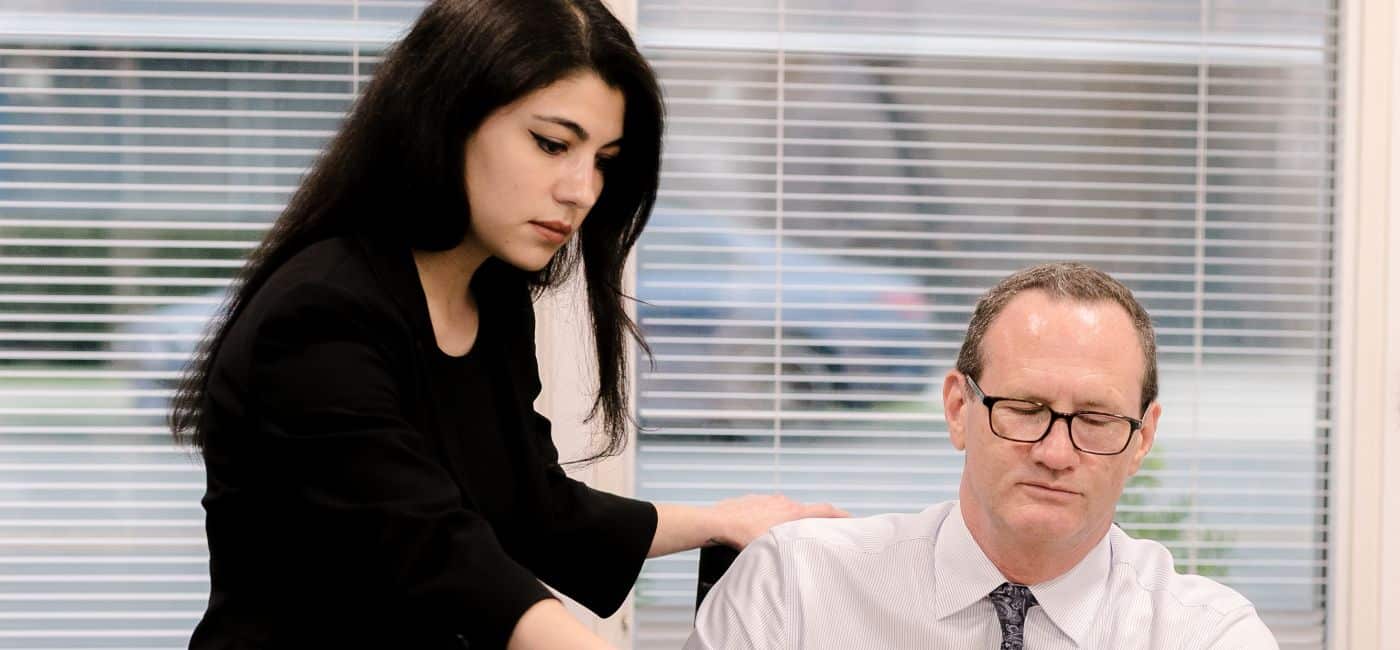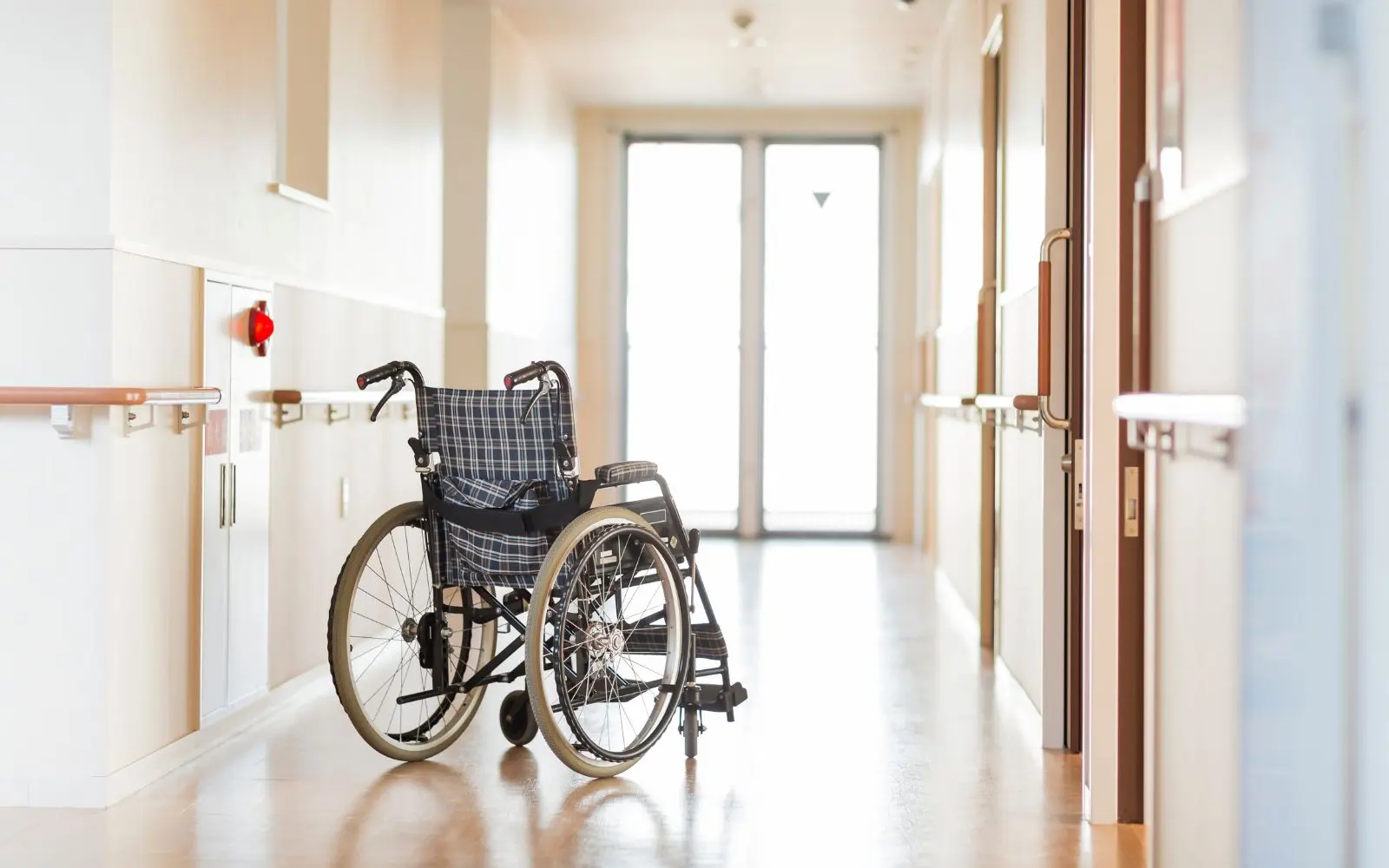Our Blog
ARTICLES
- All
- About Lanzone Morgan. LLP Videos
- Case Results
- Case Stories Videos
- Elder Abuse
- Elder Abuse Law Videos
- Elder Care Laws
- Elder Rights
- Elder Rights
- Facilities Videos
- Firm News
- Legal Resources
- Nursing Home Abuse
- Nursing Home Abuse & Neglect Videos
- Nursing Home Injuries Videos
- Nursing Home Neglect
How a Nursing Home Abuse Lawyer Can Help Your Case
December 5, 2025
Most nursing homes are operated by large corporate chains or private equity firms that have substantial resources to fight claims. They’ll deny allegations of abuse ...
Read More
What Evidence is Needed to Prove Nursing Home Abuse?
November 25, 2025
The evidence needed to prove nursing home abuse includes medical records, witness testimony, internal facility documents, inspection reports, and more. With over 75 years of ...
Read More
How to Check Nursing Home Violations in California
November 20, 2025
On this page, we provide detailed information on how to check nursing home violations through the following resources.
Read More
Elizabeth Kim Named Top 40 Under 40 Trial Lawyers in California
October 16, 2025
The National Trial Lawyers proudly announces the re‐selection of Elizabeth Kim, California nursing home abuse attorney and a distinguished member of Lanzone Morgan, LLP, as ...
Read More
Elder Abuse Statistics & Facts
October 16, 2025
When we consider the legal battlefield, elder abuse statistics serve as critical ammunition. These numbers don’t just represent data points; they reveal patterns, highlight risks, ...
Read More
Lanzone Morgan, LLP Earns Top Verdict in California for Nursing Malpractice, Elder Abuse, Bedsores, and Elder Law
October 16, 2025
Lanzone Morgan, LLP is incredibly honored to announce that we’ve received the prestigious recognition of being the Number 1 Verdict in California for Nursing Malpractice, ...
Read More
INFORMATIONAL VIDEOS
FREE CASE EVALUATION
We have extensive experience suing: Nursing Homes, Assisted Living Facilities, Memory Care Facilities, Adult Day Care Centers, and more.
GET YOUR FREE CASE EVALUATION
We offer free, convenient attorney consultations to discuss your potential case.

